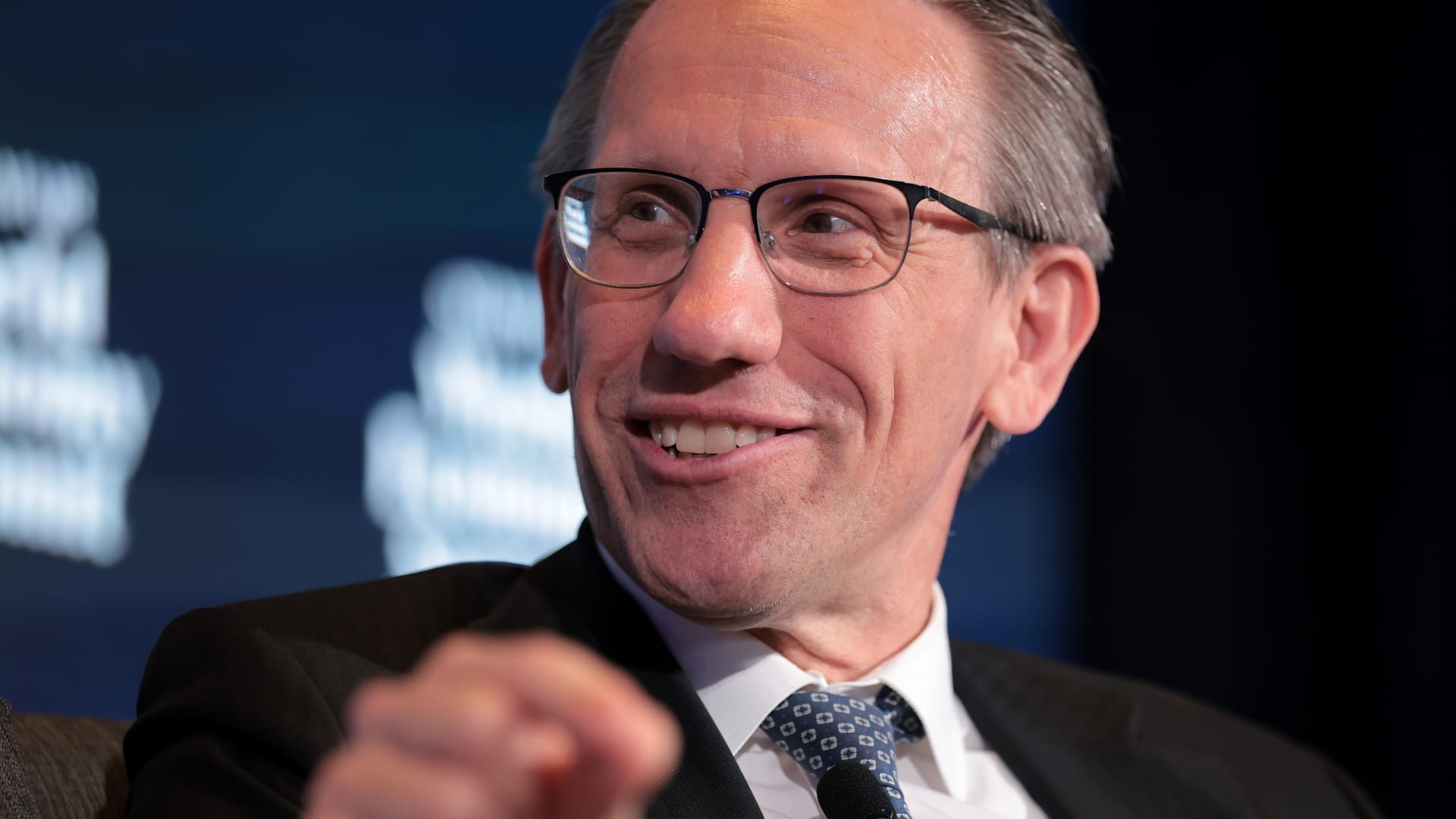Transatlantic Trade Tensions: Germany's Finance Chief Signals Diplomatic Hope Over U.S. Tariff Standoff

Despite the tensions created by President Donald Trump's controversial tariff policies, the transatlantic bond between Europe and the United States remains resilient. Joerg Kukies, the acting German finance minister, emphasized that the fundamental trust between the two economic powerhouses has not been fundamentally undermined.
In a statement that signals diplomatic optimism, Kukies suggested that while trade disagreements have strained relations, the deep-rooted strategic partnership between Europe and the U.S. continues to withstand current challenges. His remarks underscore a commitment to maintaining constructive dialogue and economic cooperation, even in the face of significant policy differences.
The finance minister's comments reflect a nuanced approach to international relations, acknowledging tensions while simultaneously working to preserve the long-standing alliance between Europe and the United States. This diplomatic stance highlights the importance of maintaining open communication and seeking common ground, even during periods of economic and political friction.
